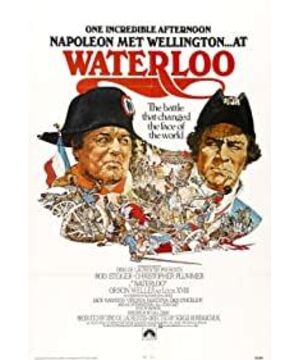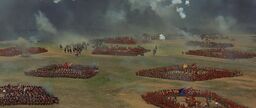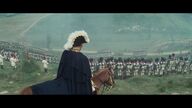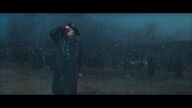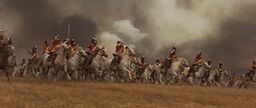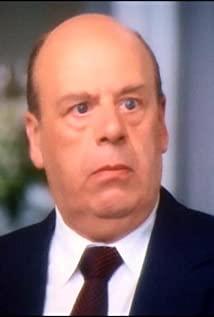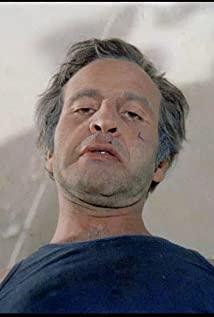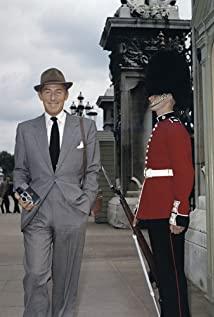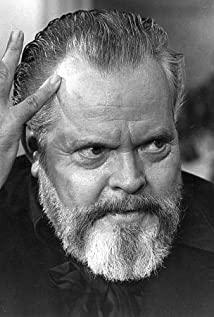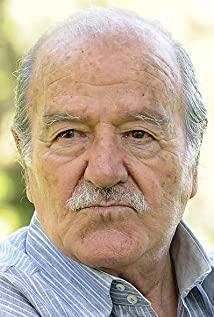The true nature of war is that once a war is launched, it aims to destroy the armed forces of the other side. Once you join one of these camps, whether you are a soldier or an officer, all your favorite, hated, humane, and reflective feelings are useless. What determines the future is only the power balance between the two sides and basic confrontation tactics. . Even the so-called rules of the latter are useless, because the generals on both sides have similar skills. Those kinds of tricks, or magical attacks, exist at best in novels or movies, and the truth is that many are simply impractical. There are very few battles where less wins more. As a defender, Wellington has a certain advantage, because he doesn't need to attack, he can stand by and focus on shooting at the soldiers coming from the other side, but his number of soldiers is less than that of Napoleon. With the addition of the Prussian army, it can be surpassed. Of course, even if Wellington loses this battle, Napoleon will still lose later. In a few days, there will be "Waterloo", "Waterloo" and "Silverloo" waiting for him. Before the Battle of Waterloo, the British Allied Forces A multinational alliance has long been formed to clean up Napoleon. The Allied forces far surpassed the French army, but Napoleon was so small, and France's defeat in terms of strength has long been determined. The Battle of Waterloo was just an aftermath. It was just like the counterattack on the mainland back then. There was no chance of victory. It was just the wishful thinking of an ambitious fighter. He also said angrily: "Wait, I'll go back and call my little brother to come back and clean you up!"
View more about Waterloo reviews


